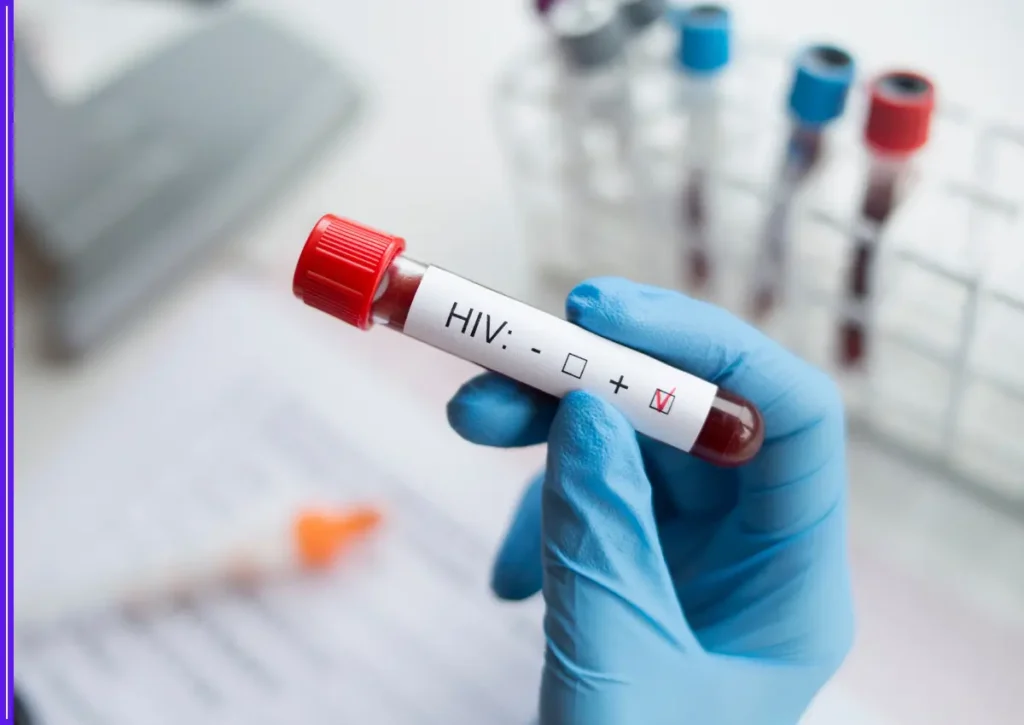In a major milestone in global health, the World Health Organization (WHO) has officially recommended the use of injectable lenacapavir as a new pre-exposure prophylaxis (PrEP) option for HIV prevention. The announcement was made at the 13th International AIDS Society (IAS) Conference in Kigali, Rwanda, marking a transformative step in the global fight against the HIV epidemic.

Lenacapavir is a long-acting injectable medication that requires just two doses a year. This makes it the first-ever twice-yearly injectable PrEP treatment, offering a significant advantage over daily oral pills or even monthly injectable options. With adherence being a major challenge in HIV prevention, the WHO believes this innovation could be a game-changer for millions of people at risk of HIV.
The recommendation comes after strong evidence from two key clinical trials — PURPOSE 1 and PURPOSE 2 — which showed lenacapavir’s unmatched effectiveness in preventing HIV transmission. The PURPOSE 1 trial focused on adolescent girls and young women in sub-Saharan Africa, a region with high HIV prevalence. Not a single participant who received lenacapavir contracted HIV, demonstrating 100% efficacy. Similarly, the PURPOSE 2 trial involving gay men, transgender individuals, and non-binary persons in several countries also showed near-complete protection against the virus.
These findings led the WHO to declare that lenacapavir should be considered an additional option for people who need protection against HIV. The drug works by targeting the HIV capsid — a protein shell that protects the virus’s genetic material — which is a novel mechanism compared to existing PrEP drugs.
Dr. Meg Doherty, Director of WHO’s Global HIV, Hepatitis and STI Programmes, stated that this new option could drastically increase access to HIV prevention services. “Lenacapavir offers an effective, discreet, and convenient option, especially for people who face barriers to taking a pill every day,” she said. “It’s a solution for those who want long-lasting protection without daily reminders.”
One of the most notable aspects of the WHO’s new recommendation is the simplified delivery approach. Instead of requiring laboratory-based tests, WHO has approved the use of rapid HIV tests before each injection. This means the treatment could be provided in non-clinical settings — through mobile clinics, pharmacies, or even community health workers — making it more accessible to people living in rural or under-served areas.
The WHO has also urged governments and health systems around the world to begin integrating lenacapavir into national HIV prevention programs. Countries are being encouraged to fast-track regulatory approval, secure funding through public and global health partnerships, and ensure that key populations — such as sex workers, people who inject drugs, men who have sex with men, and transgender individuals — are prioritized in rollout strategies.
Globally, HIV continues to pose a major health challenge. In 2024, an estimated 1.3 million new infections were recorded, and over 40 million people were living with HIV. Despite significant progress in treatment and prevention, many communities still struggle to access life-saving tools, especially in regions with stigma, weak healthcare systems, or poverty.
Lenacapavir could help bridge this gap. Its twice-yearly dosage and high efficacy could drastically improve adherence and protection, especially for individuals who may face social or logistical barriers to current options. Experts believe that adding lenacapavir to the HIV prevention toolbox will bring more flexibility and personalization to how HIV services are offered.
WHO’s latest recommendation does not replace existing PrEP options but rather adds lenacapavir to the list of endorsed tools, which already includes oral PrEP, injectable cabotegravir, and the dapivirine vaginal ring. The global strategy now focuses on offering people choices that fit their lifestyle, needs, and level of access.
Gilead Sciences, the pharmaceutical company behind lenacapavir, is expected to work with global health organizations to ensure affordability and supply, particularly in low- and middle-income countries. Talks are ongoing to accelerate prequalification and licensing through the WHO’s medicine access programs.
Dr. Matshidiso Moeti, WHO Regional Director for Africa, emphasized that the recommendation is more than just a medical breakthrough — it’s a social and structural shift in the global HIV response. “Prevention only works when people have options they can trust, use, and access,” she said. “Lenacapavir’s potential is not just in its chemistry, but in the way it fits into people’s lives.”
As the global health community continues its push to end AIDS as a public health threat by 2030, the addition of injectable lenacapavir offers renewed hope. The WHO is calling on all stakeholders — from governments to grassroots organizations — to act quickly and ensure this new tool reaches the people who need it the most.









